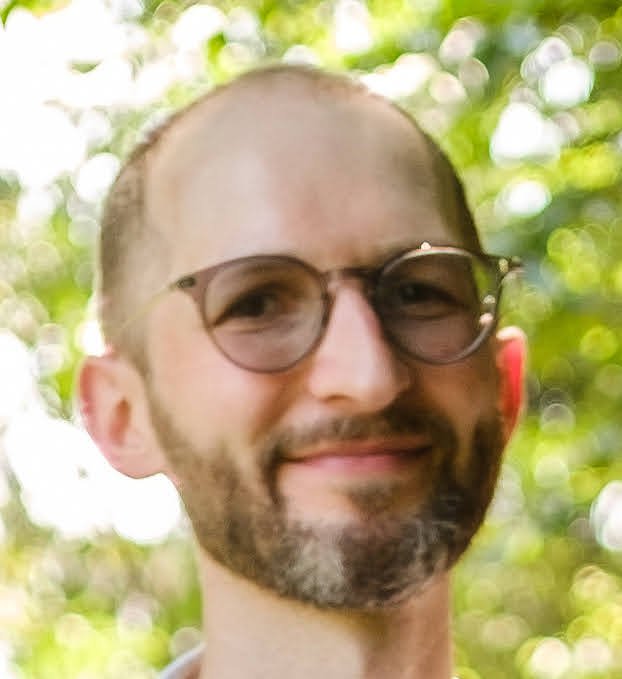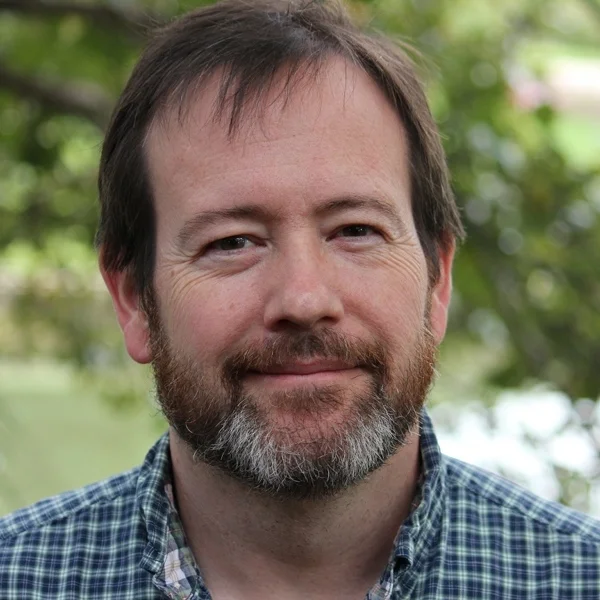The End of the World Show: Rehearsal Process
/This post is part of a series about creating the End of the World Show.
With a refresher read of Directing Improv by Asaf Ronen (contains a lot of useful tips about show process) and a re-listen to the Billy Merritt episode of the Improv Resource Center podcast, I was ready to undertake rehearsals for the show.
I decided to try something new with the process. Everyone in Pittsburgh is very busy, and often involved in a few projects. To get people to say "yes" to the time commitment of EotW, I settled on this rehearsal schedule:
- 2 intense weeks of rehearsal, during which I ask you to make this show a priority. We'll rehearse ~3 days a week.
- Then the show opens and we won't rehearse again
I got people to sign up with the promise of a fun, ambitious show in 2 weeks, but I did not have a lot of time.
The rehearsals were a mix of:
- Developing core skills: learning the short form games, learning the set list and the flow of the show, how to transition from one game to the next
- Character work: actors would be playing the same characters for every show (in the "frame story," in the improv those characters could play anyone). We worked on playing ourselves but slightly exaggerating qualities based on how we would really react if our own world was ending.
- Some exploration: continuing to evolve and improve the show format






